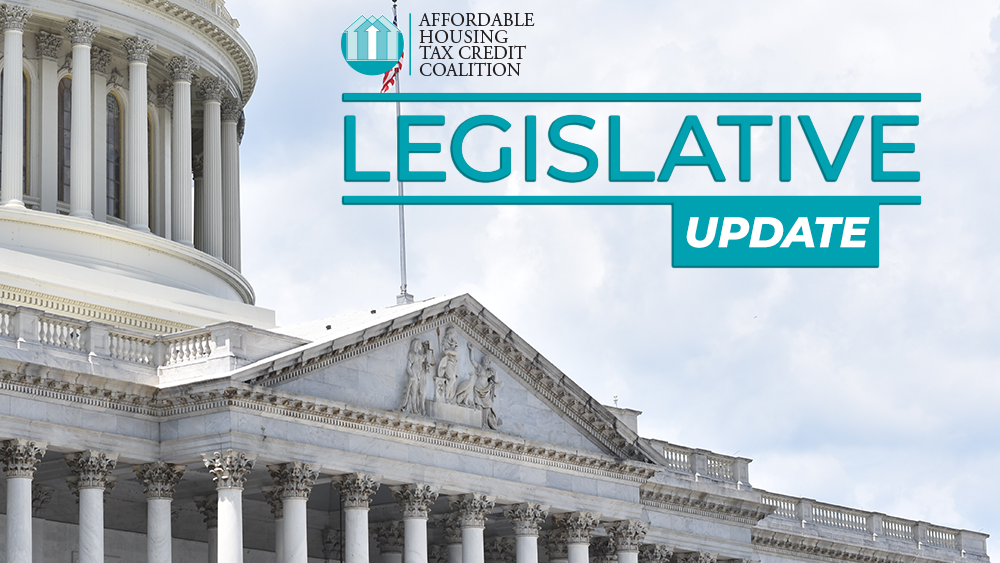On November 2, Ways and Means Committee Chairman Kevin Brady (R-TX) introduced the Tax Cuts and Jobs Act (H.R.1), the tax reform legislation being proposed by Mr. Brady. While we are grateful that the bill would retain the low-income housing tax credit (Housing Credits) in the reformed tax code, the proposed repeal of tax-exempt private activity bonds for residential rental housing (Multifamily Housing Bonds) would have a devastating impact on the production of critically needed affordable rental housing in the United States. Under the tax code, Multifamily Housing Bonds generate additional Housing Credits and the elimination of Multifamily Housing Bonds will result in the loss of about one-half of the units produced or preserved in the nation each year. At a time when the affordable housing crisis in this country is becoming more critical—when over 11 million renter households are paying more than 50% of their income towards rent—such a dramatic reduction in the supply of new or preserved affordable housing must be opposed.
Moreover, we are deeply concerned about two things the bill did not do.
First, under H.R. 1, the corporate rate would be reduced from 35% to 20%. While we are not taking issue with a cut in the corporate rate per se and understand there is widespread support for this proposal, one of the impacts of a lower corporate rate will be to lessen the amount of investment that will be made in affordable housing because it will reduce the overall tax benefits available from an investment. That will result in a further decrease in production of affordable housing by making some developments financially infeasible or making it far more difficult to serve the neediest residents. In anticipation that tax reform legislation would reduce the corporate rate, several months ago the AHTCC, together with our industry colleagues, presented the Ways and Means Committee and Joint Committee on Taxation staffs with some ideas on how to maintain productivity in a lower corporate rate environment. Those ideas were unfortunately not implemented.
Second, the bill did not adopt any of the provisions of the Affordable Housing Credit Improvement Act of 2017, H.R. 1661, a bipartisan bill introduced by Congressman Pat Tiberi (R-OH) and Ways and Means Committee Ranking Democrat, Congressman Richard Neal (D-MA) and supported by approximately 117 other House members, split almost evenly between Republicans and Democrats and including a majority of the Republicans on the Ways and Means Committee. H.R. 1661 would have made significant improvements that would have substantially contributed to the overall effectiveness of the Housing Credit program. We are disappointed that despite the valiant efforts by Congressman Tiberi and the support of so many of his House and Committee colleagues, Chairman Brady chose not to include the provisions of H.R. 1661 in his bill.
Together with our colleagues in the ACTION coalition, we are continuing to advocate for the reinstatement of Multifamily Housing Bonds, and the adoption of the productivity maintenance proposals we suggested to staff and the adoption of the provisions of H.R. 1661 into H.R. 1. We ask that members of the AHTCC reach out to their Members of Congress and request that those Members contact Chairman Brady to make the changes outlined above.
We expect that the Ways and Means Committee will consider this legislation beginning on Monday, November 6th so time is of the essence. There is a possibility that changes could be adopted before the Committee considers the bill and the Committee finishes its work. If you need assistance in this regard or have questions please contact AHTCC General Counsel, Rick Goldstein, at rgoldstein@nixonpeabody.com or AHTCC Legislative Counsel, Jim Miller, at jmiller@taxlegislativesolutions.com.



Comments are closed.